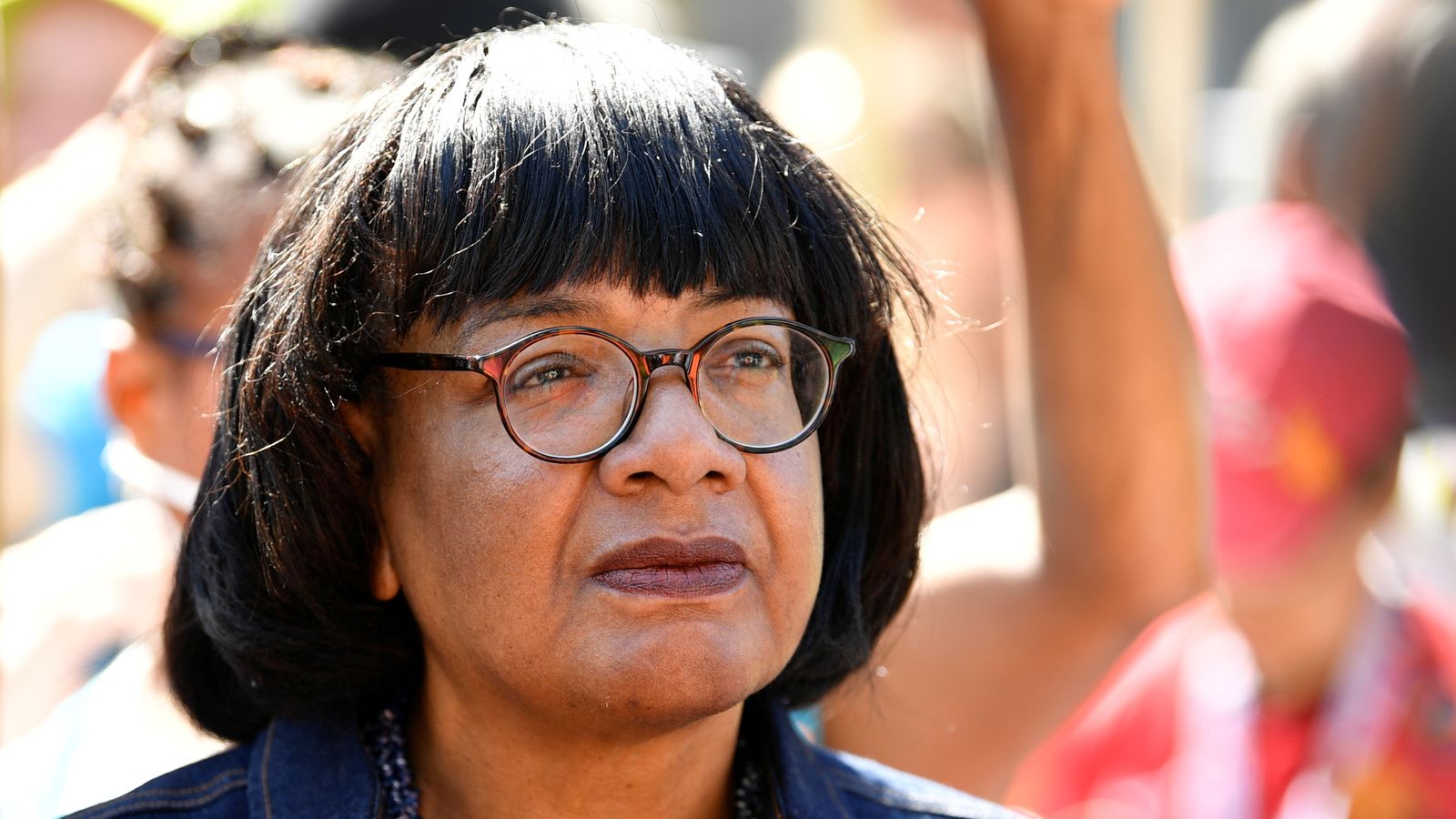Further measures to control the spread of the Omicron variant come into force in England today – while people in Scotland are urged to defer Christmas parties in response to the variant.
The legal requirement to wear masks has been extended in England to cover more indoor spaces including cinemas, theatres, churches, museums, galleries and community centres.
Sports stadia are also included in regulations published on Thursday evening, but the Department of Health confirmed face coverings will only be mandatory in indoor areas.
It comes ahead of the introduction of Plan B restrictions next week.
Meanwhile, Public Health Scotland has “strongly” urged people to defer Christmas parties in response to the Omicron variant.
But the message in Scotland clashed with the message from Downing Street, with Prime Minister Boris Johnson suggestion that festive bashes in England should still go ahead despite a call for workers to stay away from offices.
People in Scotland urged to hold off on festive celebrations
Dr Nick Phin, Public Health Scotland’s director of public health science, said revellers should put off their festive gatherings until another time to help in the effort to slow virus spread.
Speaking on Thursday, he said: “To help minimise the further spread of COVID-19, and Omicron, in particular, I would strongly urge people to defer their Christmas parties to another time.”
Dr Phin pointed to early evidence that suggests Omicron is “much more transmissible” than previous variants – and said a number of outbreaks have been linked to parties.
Omicron may be more infectious – but do we need to worry if it causes less severe disease?
The advice adds to the restrictions already in place in Scotland, which include working from home, vaccine passports for some venues and a requirement to wear masks in most indoors settings.
How many Omicron cases have been reported?
A total of 817 confirmed cases of the Omicron variant in the UK as of Thursday, the UK Health Security Agency (UKHSA) said, up from the 568 cases reported the day before.
The latest data from the agency showed a total of 109 Omicron cases have been recorded in Scotland – after just one infection was reported in the last 24 hours.
Health Secretary Sajid Javid has warned that the number of UK Omicron infections could hit one million by the end of the month.
He has insisted the new measures are necessary to “build our collective defences” through the vaccination programme in the face of the rapidly-spreading variant.
Omicron variant ‘as bad news as you can possibly get’ for Christmas, leading scientist says
Boris Johnson said parties and nativities can go ahead
At a Downing Street news conference on Wednesday, Prime Minister Boris Johnson had said Christmas parties and school nativities should still go ahead.
“They should follow the guidance, of course, but we are not saying we want kids to be taken out of school before the end of term – not that there is very long to go now – and we don’t want nativity plays to be cancelled,” Mr Johnson said.
Follow the Daily podcast on Apple Podcasts, Google Podcasts, Spotify, Spreaker
“We think that it is OK currently, on what we can see, to keep going with Christmas parties, but obviously everybody should exercise due caution.”
Plan B measures come into force next week
Friday’s measures come ahead of a return to working from home on Monday and mandatory COVID passports for large venues from Wednesday, as the government’s Plan B for England comes into force.
Masks currently do not need to be worn in hospitality settings such as pubs and restaurants, or in gyms or nightclubs.
The Plan B measures will be reviewed on 5 January, before their expiry date of 26 January.
The new regulations will be put to a debate and vote in the Commons next week – and with Labour’s support they are certain to be approved.
Why is Plan B being introduced?
Nevertheless, the measures have proved controversial and the PM faces the prospect of a large Conservative revolt, with some MPs looking likely to vote against them.


